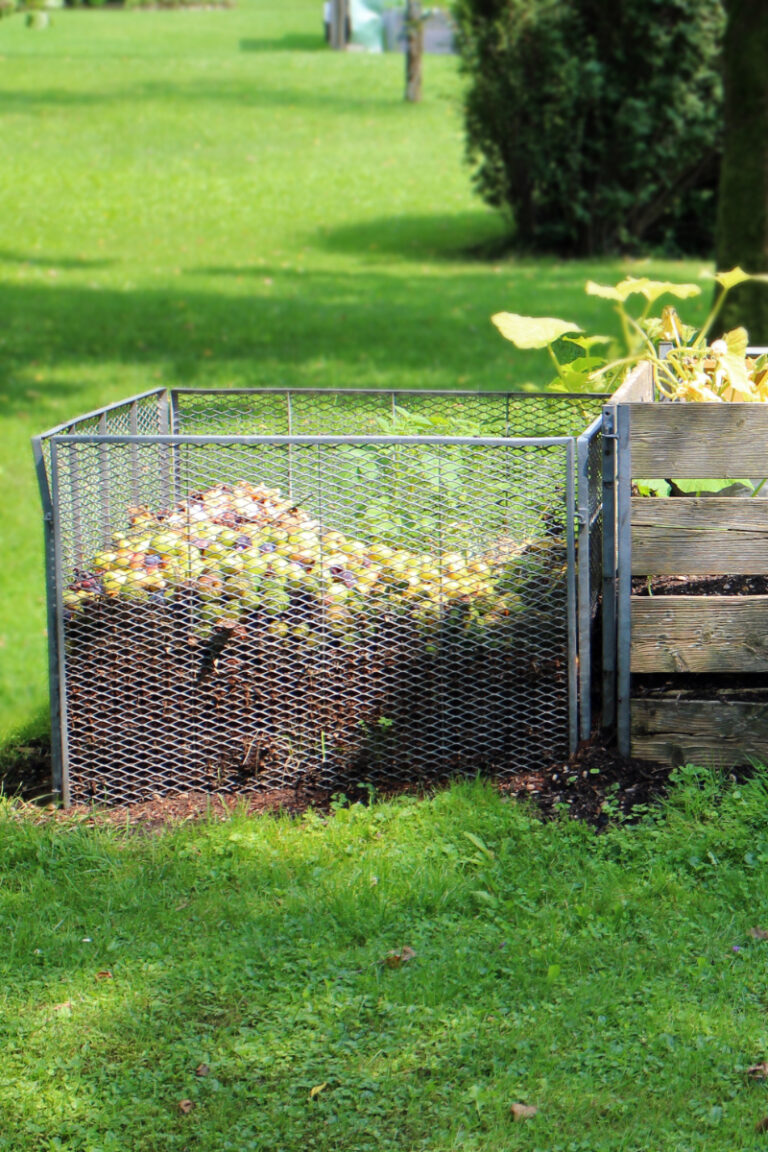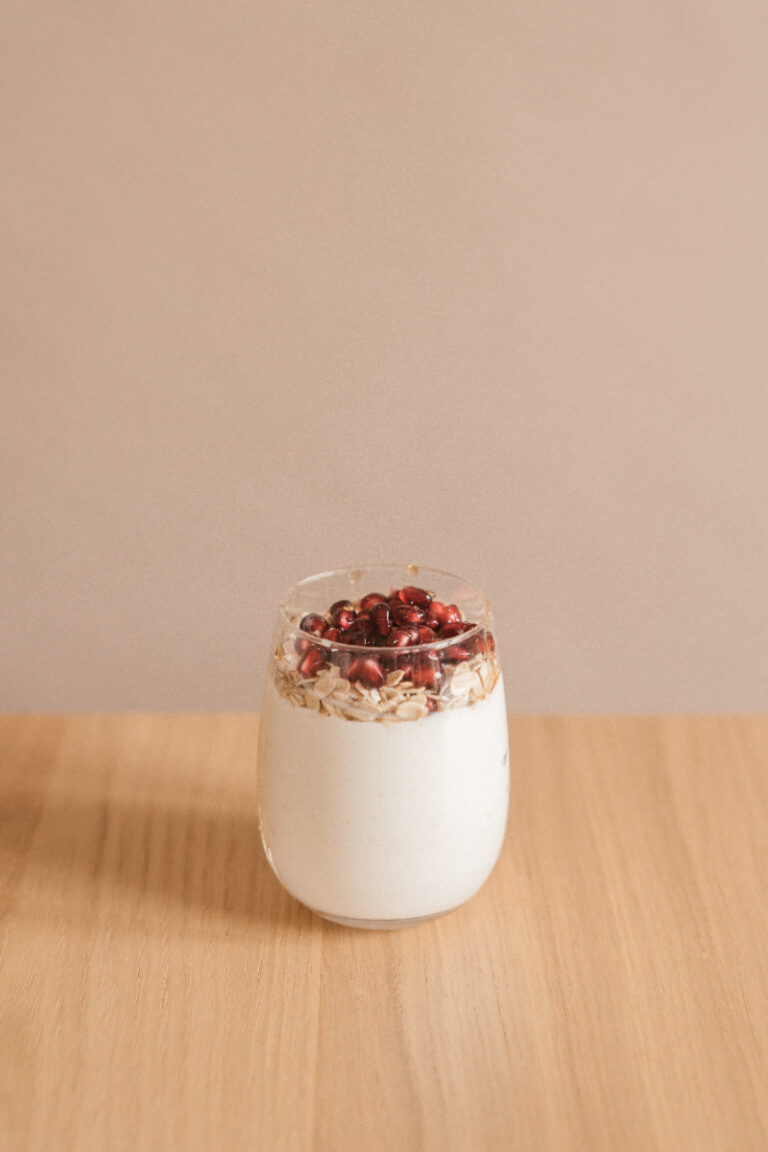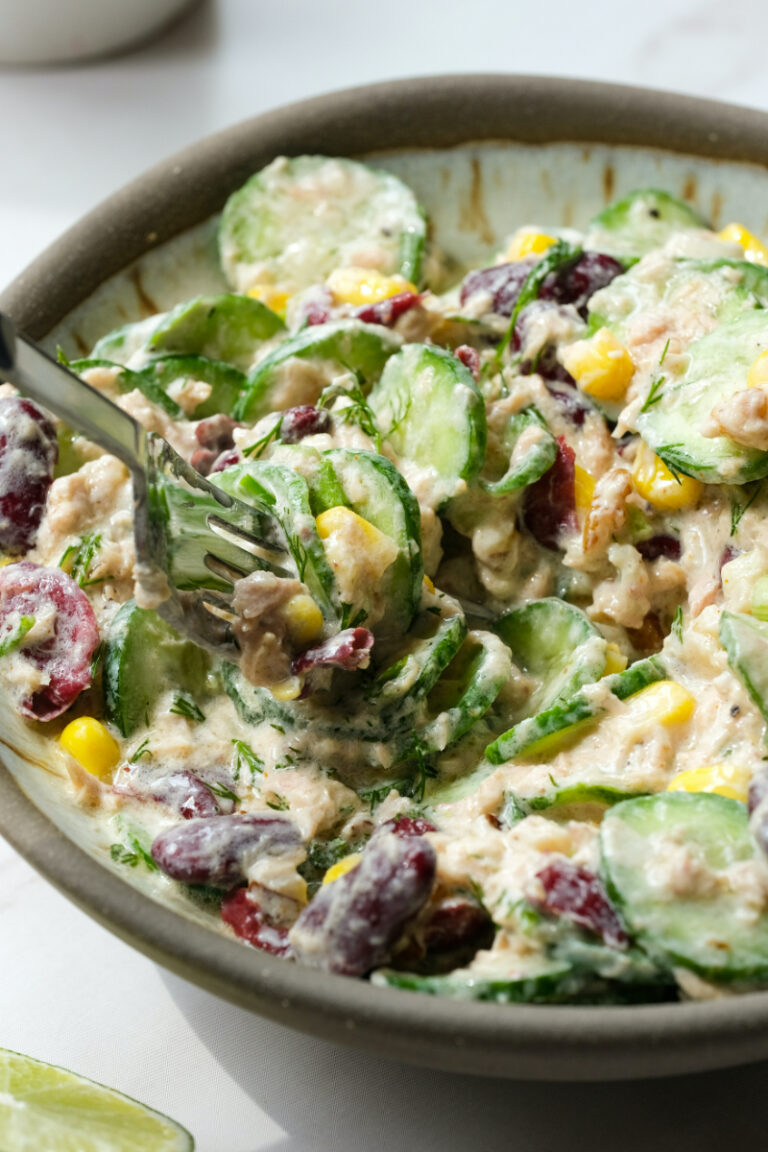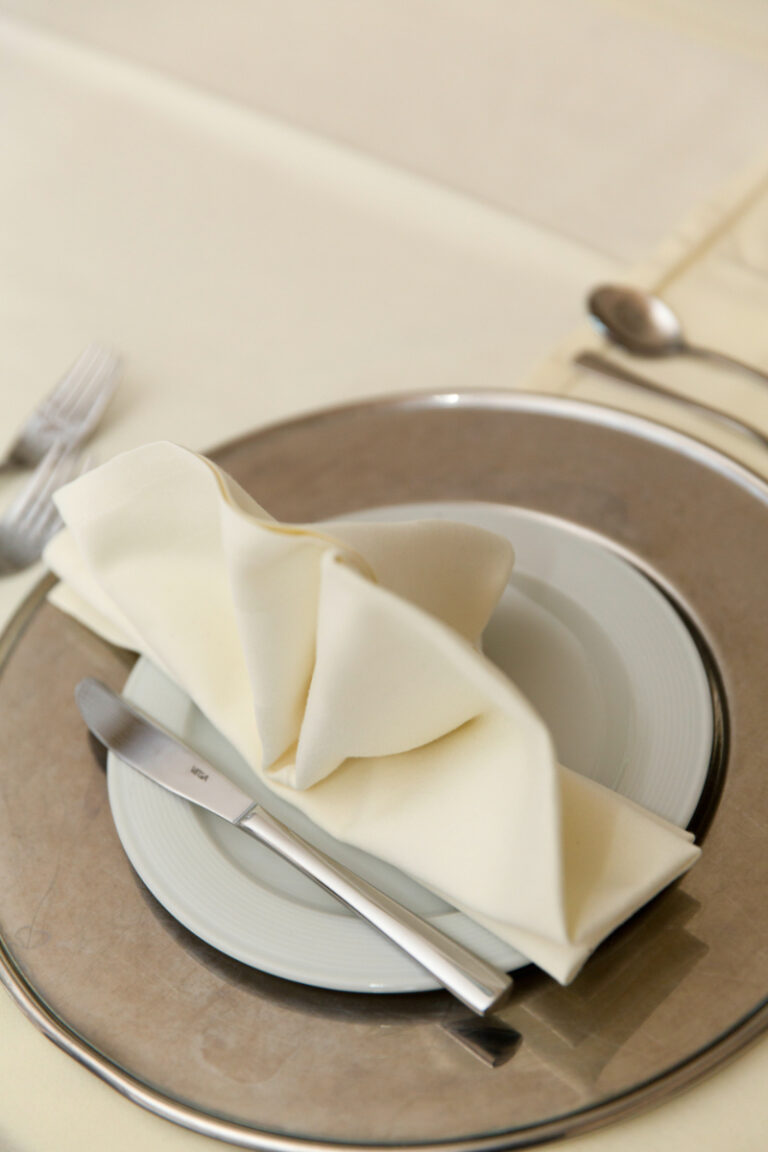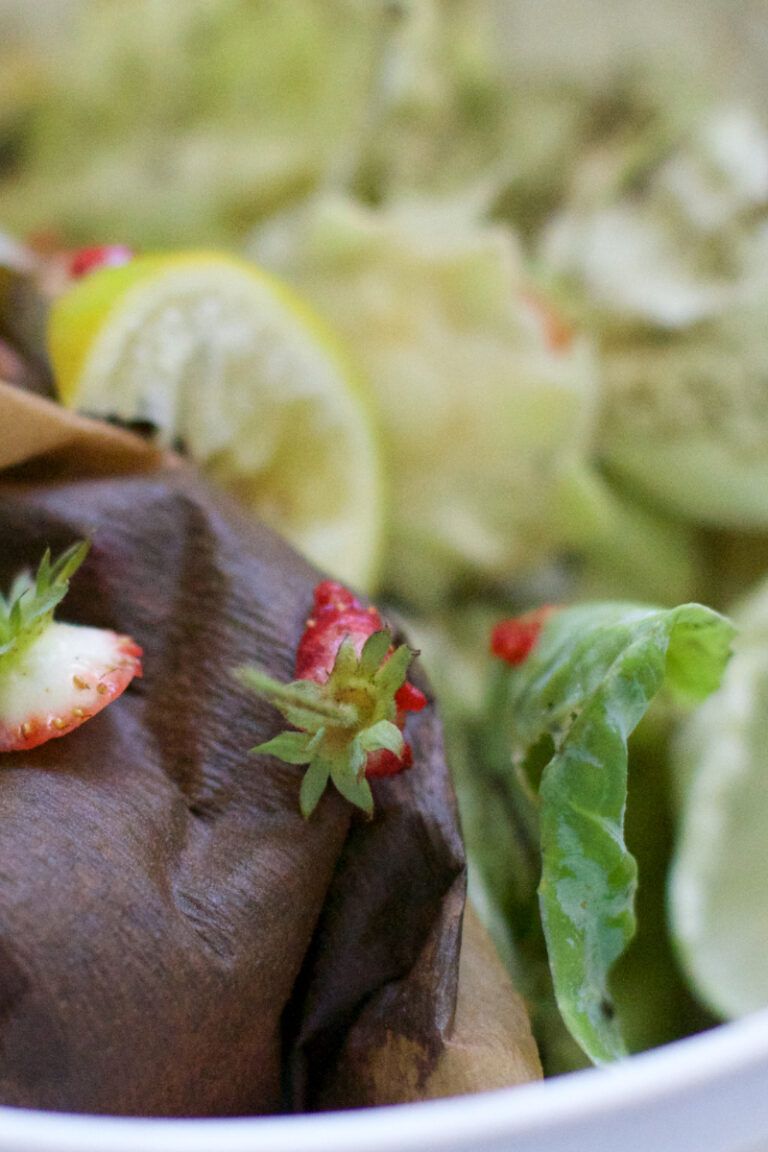Corn Cob Composting: Unearthing the Nutrient Goldmine
Composting is an eco-friendly process that transforms your kitchen scraps and yard waste into nutrient-rich soil conditioner. It’s a simple task you can do right in your backyard. So, can you compost corn cobs?
The idea behind composting is to accelerate the natural decay of organic materials by providing the right conditions for microorganisms to thrive. These conditions include air, water, and a balanced diet of carbon and nitrogen-rich materials.
Why is composting important? Well, it offers several benefits, not only to you but also to the environment. For starters, it reduces the amount of organic waste going into landfills, thereby minimizing greenhouse gas emissions.
It also enriches your garden soil, improving its structure, nutrient content, and moisture-holding capacity. This leads to healthier plants and a more productive garden.
Can You Compost Corn Cobs? A Comprehensive Guide to Composting Corn Cobs at Home
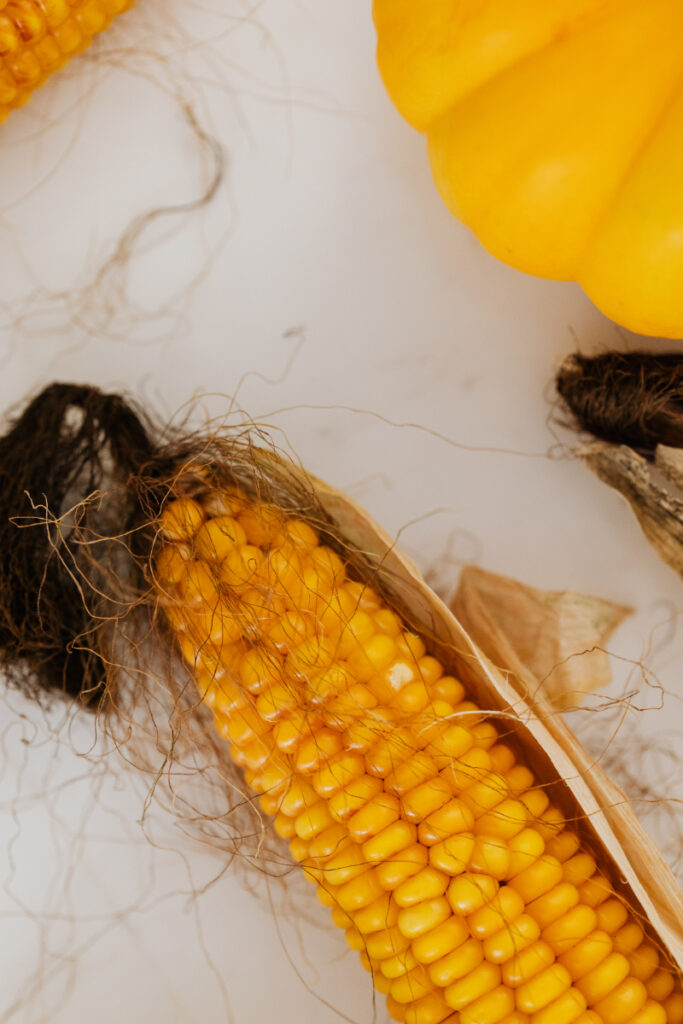
The Basics of Corn Cobs and Composting
Corn cobs are a familiar sight in many households, particularly during the summer months when corn on the cob is a popular dish at barbecues and family gatherings. But once you’ve enjoyed the sweet, juicy kernels, what do you do with the leftover cobs?
If you’re like most people, you probably throw them away. However, there’s a better, more sustainable option: composting.
Composting corn cobs may not be as straightforward as composting softer, quicker-to-decompose materials like fruit peels, coffee grounds, or grass clippings, but it’s certainly possible and beneficial. To understand why, let’s take a closer look at what corn cobs are made of.
Corn cobs are largely composed of cellulose, a complex carbohydrate that forms the structural framework of plants. Cellulose is tough and can take a long time to decompose, which can make corn cobs a bit challenging to compost. However, this very characteristic also makes them valuable as a source of “brown” material in your compost pile.
In composting, “browns” refer to carbon-rich materials that provide energy for the composting organisms. They also help balance the nitrogen-rich “greens” (like vegetable scraps and fresh grass clippings) and keep the compost pile from becoming too wet and smelly. Other examples of browns include dry leaves, straw, and paper.
The Benefits of Composting Corn Cobs
By composting corn cobs, you’re tapping into a range of benefits that can enhance your compost pile’s overall health and functionality. Here are some key advantages:
Adding Carbon to Your Compost Pile
As mentioned earlier, corn cobs are an excellent source of carbon, which is essential for a balanced compost pile. By adding corn cobs, you’re providing the necessary carbon content to balance out the nitrogen-rich green materials in your compost.
Improving Aeration and Drainage
Due to their hard, porous structure, corn cobs can help improve aeration and drainage in your compost pile. They create pockets of air that facilitate the movement of oxygen, a vital element for the microorganisms breaking down the compost.
Similarly, their structure helps prevent the compost pile from becoming overly saturated with water, which could lead to anaerobic conditions and unpleasant odors.
Reducing Waste
Composting corn cobs is a sustainable way to reduce your household food waste. Instead of ending up in the landfill where they contribute to greenhouse gas emissions, the corn cobs and other food scraps are put to good use enriching your garden soil.
Enriching Your Soil
Like all composted materials, decomposed corn cobs add valuable nutrients to your soil. They also contribute to improving soil structure and water-holding capacity, leading to healthier, more vigorous plants.
Providing a Slow Release of Nutrients
Due to their tough structure and high cellulose content, whole corn cobs decompose slowly. This means they release their nutrients over an extended period, providing a steady supply of nourishment to your plants.
How You Can Compost Corn Cobs
Composting leftover corn cobs is a relatively straightforward process, but it does require a bit of preparation and patience due to their tough nature. Here’s a step-by-step guide to help you incorporate corn cobs into your composting routine effectively:
Prepare the Corn Cobs
Before adding corn cobs to your compost pile, it’s best to break them down into smaller pieces. This increases their surface area, making it easier for the composting microorganisms to access and break down the material. You can create small pieces by carefully using a knife or saw to cut the cobs into sections.
Add the Corn Cobs to Your Compost Pile
Once prepared, add the corn cob pieces to your compost pile. Remember that corn cobs are considered “brown” material, so you should aim to balance them with an equal amount of “green” material to maintain a healthy carbon-to-nitrogen ratio.
Maintain Your Compost Pile
Turn your compost pile regularly to ensure all materials are breaking down evenly and to promote aeration. Keep the pile moist, but not too wet. If the compost pile smells bad or seems overly soggy, add more brown materials like dry leaves, straw, or paper to balance it out.
Patience is Key
Corn cobs take longer to decompose than many other compost materials due to their high cellulose content. Don’t be discouraged if they seem to hang around in your compost pile for a while. With time, microbial activity will break down the corn and contribute valuable nutrients to your compost.
Use Your Composted Corn Cobs
Once your compost pile has turned into a rich, dark soil-like material with no recognizable food or yard waste (including the corn cobs), it’s ready to use. Apply your nutrient-rich compost to garden beds, potted plants, or anywhere you want to improve soil fertility and structure.
Potential Challenges in Composting Corn Cobs
While composting corn cobs is beneficial, there may be a few challenges that you might encounter during the process. Here’s what to watch out for and how to overcome these issues:
Slow Decomposition
The most common challenge with composting corn cobs is their slow rate of decomposition due to their tough cellulose structure. This isn’t necessarily a problem unless you’re in a hurry for finished compost.
If that’s the case, breaking the cobs into smaller pieces can speed up the process. Alternatively, consider hot composting, a method that involves maintaining a higher temperature in the compost pile to accelerate decomposition.
Balancing Your Compost Pile
Since corn cobs are a source of carbon (“browns”), adding too many at once can throw off the balance of your compost pile. It’s important to maintain a good balance of greens and browns in your compost. When adding corn cobs, make sure to add an equal amount of nitrogen-rich green material.
Pests
Corn cobs can sometimes attract pests to your compost pile. To minimize this risk, ensure your compost pile is well-maintained with a good mix of materials, regular turning, and proper moisture control. You can also use a pest-resistant compost bin or heap. Remember to avoid using dairy products; this will help prevent pests and foul odor.
Disease
If your corn plants had any diseases, it’s possible they could be passed on through the cobs to other plants when you use the compost. To avoid this, only compost cobs from healthy plants.
Tips for Successful Composting of Corn Cobs
To make the most out of composting corn cobs, here are some practical tips and advice that you can follow:
Break Down the Cobs
Corn cobs decompose more quickly when they’re broken down into smaller pieces. Use a knife or saw to cut the cobs into sections before adding them to your compost pile. Don’t forget to compost the corn silk, corn stalk (if available), and sweet corn kernels.
Balance Your Compost Pile
Remember the importance of maintaining a good balance between green (nitrogen-rich) and brown (carbon-rich) materials in your compost heap. When you add corn cobs, be sure to add an equal amount of green material to maintain this healthy compost balance.
Turn Your Compost Regularly
Regular turning of your compost helps speed up the decomposition natural process by improving aeration and mixing the materials. This is particularly important when composting tougher materials like corn cobs. Using a compost tumbler makes this task super easy!
Keep Your Pile Moist, Not Wet
Moisture content is important! A compost pile should be as moist as a wrung-out sponge. Too much moisture can lead to anaerobic conditions and unpleasant odors, while too little can slow down the composting process.
Exercise Patience
Composting corn cobs takes time due to their high cellulose content. Be patient and let nature do its work. You’ll be rewarded with beautiful black gold for your garden!
Consider Hot Composting
If you’re in a hurry for finished compost, consider using a hot composting method. This involves maintaining a higher temperature in the hot compost pile, which accelerates the decomposition process.
Use a Compost Bin
Using a compost bin can help keep pests away from your compost pile and also makes the composting process neater and easier to manage.
Conclusion
Composting corn cobs is an excellent way to reduce waste, improve your garden soil, and contribute to environmental sustainability. Despite their tough structure and slower decomposition rate, corn cobs bring significant benefits to your compost pile, including adding carbon, improving aeration and drainage, reducing waste, enriching your soil, and providing a slow release of nutrients.
Remember the key steps for successful composting of corn cobs: break down the cobs into smaller pieces, balance your compost pile with equal amounts of green and brown materials, turn your compost regularly, keep the pile moist but not wet, and exercise patience as nature does its work.
If you’re in a hurry for finished compost, consider hot composting or breaking the cobs down into even smaller pieces.
While you may encounter challenges such as slow decomposition, balancing your compost pile, attracting pests, or transmitting diseases, these can be overcome with proper compost management and attention to detail.
So, the next time you enjoy a juicy corn on the cob, don’t throw away the cob. Instead, add it to your compost pile and let it contribute to creating rich, nutrient-dense soil for your garden. Start composting your corn cobs today and see the difference it makes in your garden and the environment!

